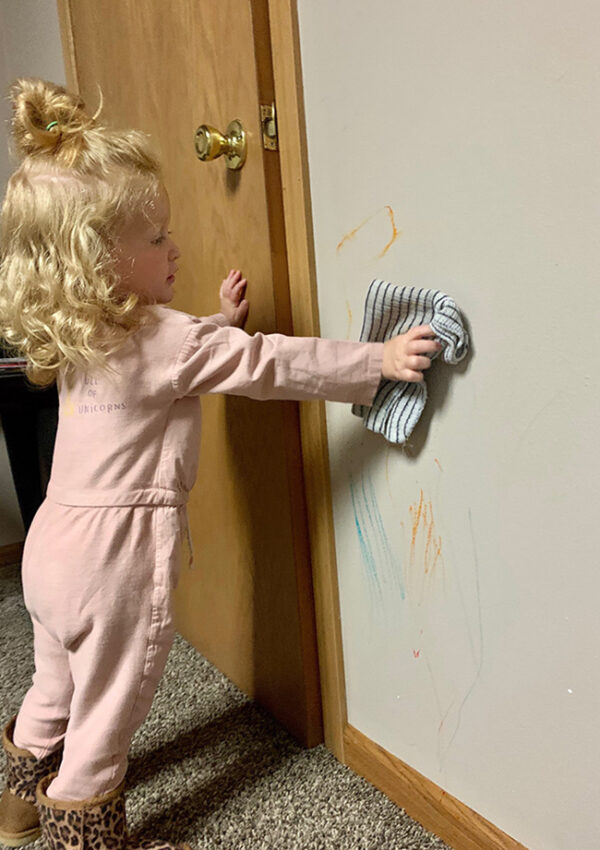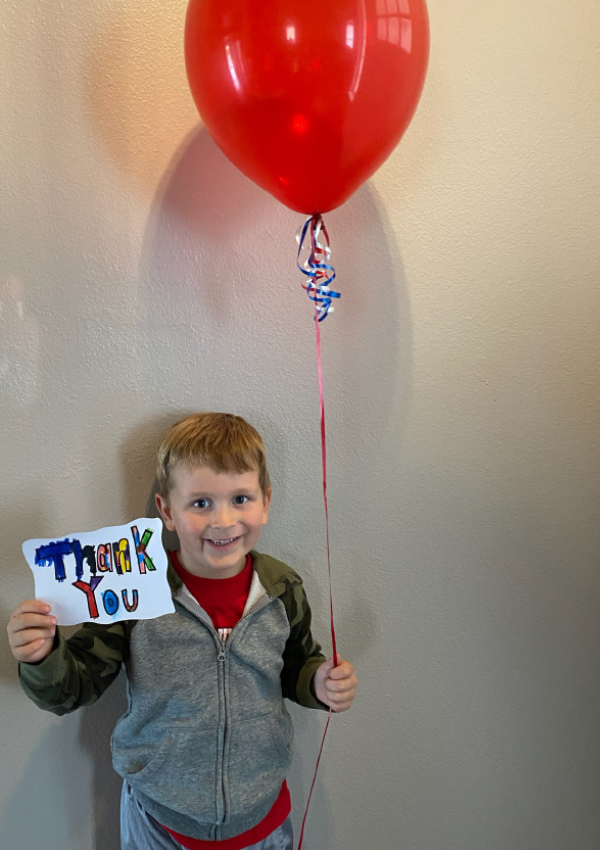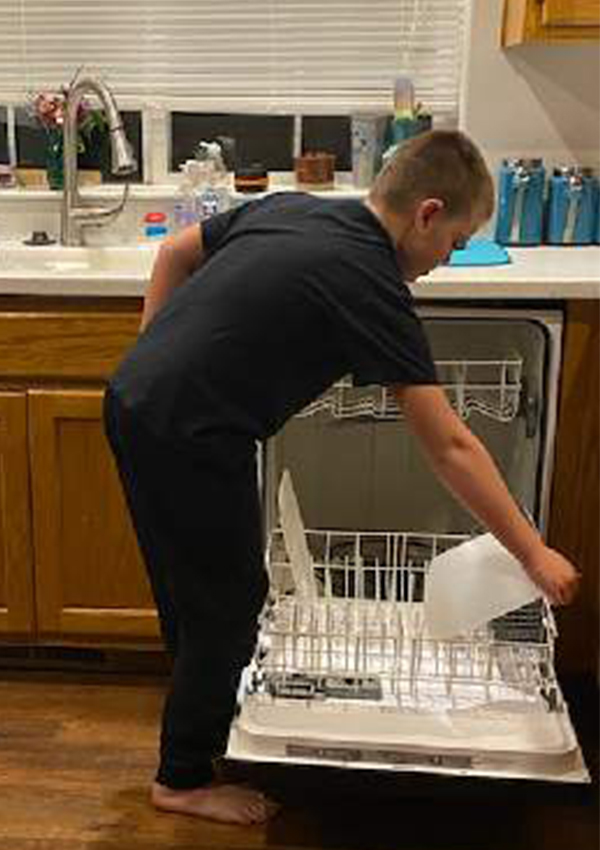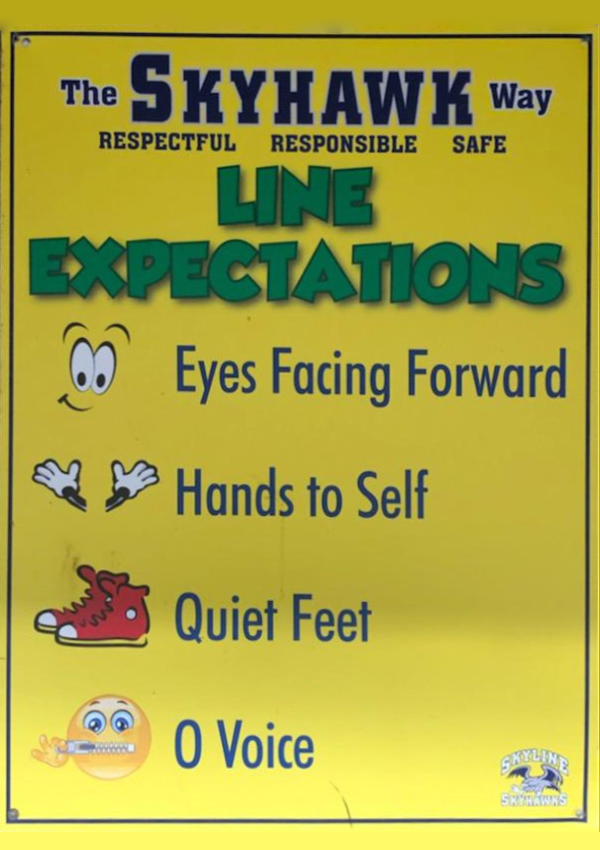What happened to perseverance and how do we help our kids to get it back?
perseverance (noun): continued effort to do or achieve something despite difficulties, failure, or opposition.
At an elementary school where I worked previously, I would often spend time in the lunchroom. It was a great time and place to interact with the kids, and the custodians and lunchroom ladies always appreciated the extra help. While walking around the cafeteria engaging with students, it was common to have kids ask me or another adult for help opening a part of their lunch. We were handed milk cartons, plastic juice containers, thermoses, a variety of Tupperware, chip bags, granola bars, go-gurt… You name it, and we were probably asked to open it.
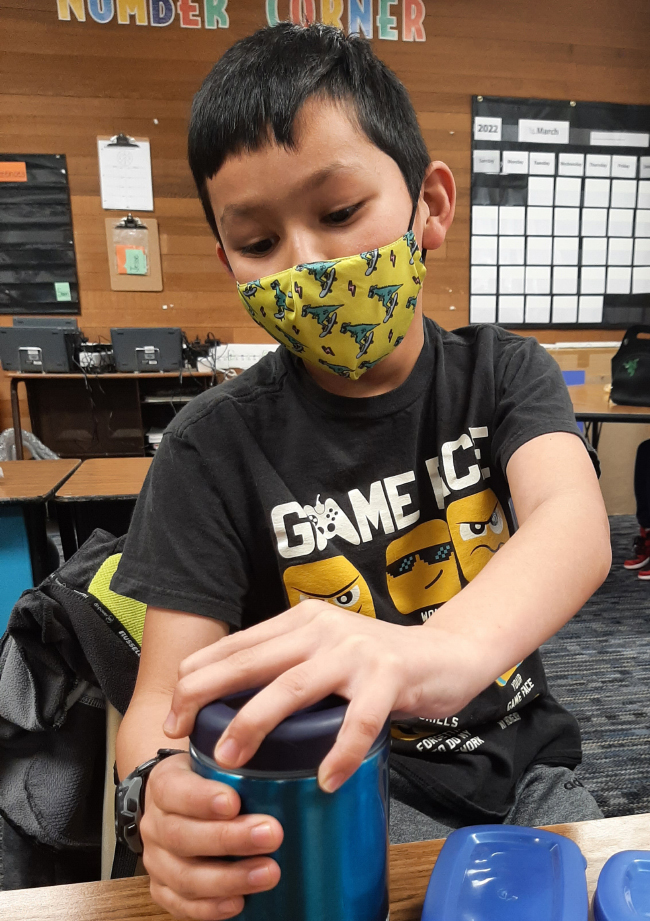
What stood out to me about the majority of requests for help, was the lack of effort that came before they asked. Students would pull their container, treat, beverage etc. directly from their bag or lunch tray and hold it towards an adult asking, “Can you open this?” Making no attempt to open it on their own, with no apparent interest in taking a stab at it even. Zero level of effort. In those cases, our conversations would go something like this. “Sure, if you can’t get it, but let me see you try first.” Often a blank stare would follow. I assumed they were unsure what to do next, so I would repeat myself. “I will help you if you can’t get it, but first show me how you would do it if you tried.”
What happened to perseverance and how do we help our kids to get it back? Most times the kids were successful in opening their item with just a small amount of effort and support. (Of course they were. Kids are super capable!) I always encouraged them as they were trying to get whatever the thing was open. If they weren’t successful, I would help by suggesting hand placement or other tips that might make it easier for them to get the item open on their own. Not only in that moment but in the future. The whole – If you give a man a fish, you feed him for a day. If you teach a man to fish, you feed him for a lifetime – thing. 😉 It was only on rare occasions that I would have to open the item myself because of legitimately non kid-friendly packaging or a student lacked the particular fine motor skill needed.
It isn’t just packaging though, and it isn’t just with younger kids. I am seeing what feels like a decline in effort from all ages, as well as a limited ability to stick with things that are deemed too difficult or not worth the effort. Completing tasks. Working through a problem. Finishing what’s started. Sitting for long periods of time. ______________? You fill in the blank. The list seems endless.
With many kids/students there is no pushing through. There is no, I am going to give this a try even though it’s hard. And no, I’ll just do the best I can and see how it goes. When faced with any type of perceived barrier, many kids quit, withdraw, rebel, and/or shut down.
Want to know what happened to perseverance? If tying shoes gets too hard for kids, we buy them Velcro shoes. If telling time is difficult, we buy them a digital watch. If they can’t sit still, we give them a device to occupy them. If getting up early is hard, we let them be late. We make it easy for kids to give up and to not push through. When things are hard and cause frustration, sadness, or anger, parents and schools (because of pressure from parents) often find “work arounds”. We adjust or remove the barrier to make life easier for the child/teenager. Or so we think… No, parents. It doesn’t work that way. What actually happens is that the child doesn’t get PRACTICE persevering. They lack exposure to delayed gratification. They don’t develop determination in working through something difficult. They don’t have enough opportunities to complete hard things, which then allows them to feel proud, accomplished, and motivated to do other hard things. We are literally depriving our kids of valuable skills when we limit opportunities for them to be persistent and tenacious and to show, what my grandparent’s generation would have called, grit.
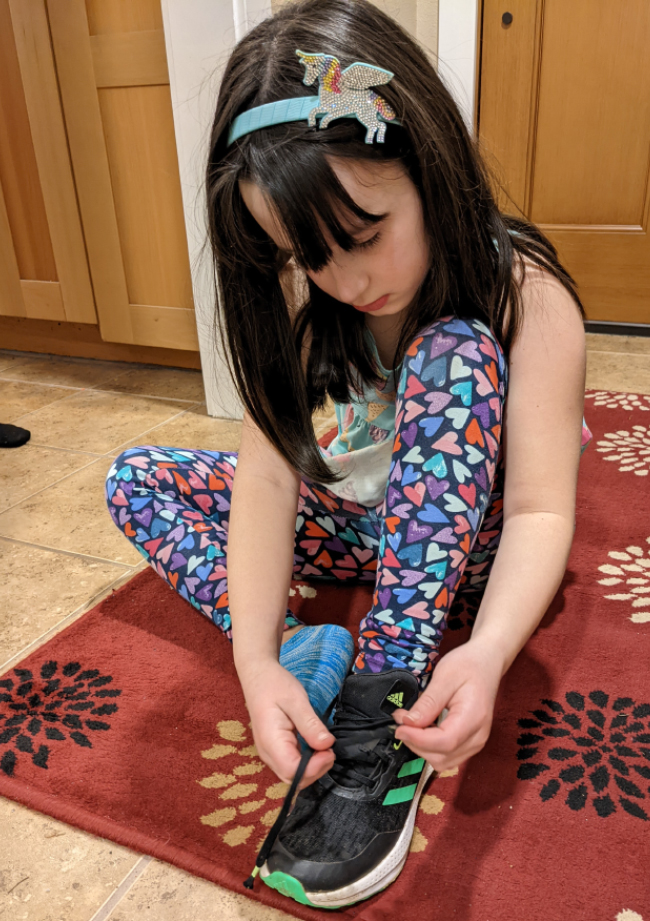
So, what happened to perseverance and how do we help our kids to get it back? We let them practice navigating difficult situations. We get shoes with laces and let them practice tying. We buy the analog watch for them to learn to tell time with. We start expecting them to get through tasks and activities that they don’t like, that they think are hard, and that they don’t want to do. For older kids that might mean expecting them to set an alarm, to complete and submit their assignments, to ask for help and to create solutions, when possible, to their problems. When kids struggle, we need to encourage and reward effort, we don’t take away their ability or desire to try. We allow all kids a variety of opportunities and experiences to practice and strengthen their ability to persevere. They CAN do it!



